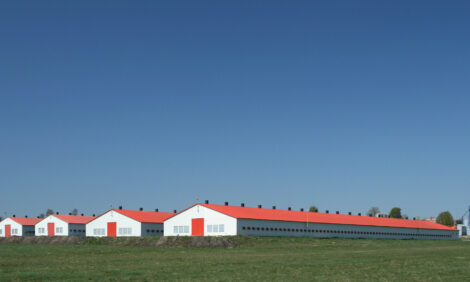



Poultry Trade May Be Hit by Political Situation in Ukraine
US & RUSSIA - US poultry industry bodies have expressed concern that exports to Russia may be halted following an announcement by the Russian President that restrictions are to be placed on imports of agricultural products from some countries.Russian President Vladimir Putin has signed a decree to establish restrictions on imports of agricultural products from countries that have imposed economic sanctions on Russia as a result of the ongoing situation in Ukraine, according to the US National Chicken Council (NCC) and the US Poultry & Egg Export Council (USAPEEC).
Although the decree did not specify the products that would be affected, it instructs the Russian government to establish a list of commodities to be restricted, and states that restrictions would be effective for one year. The decree also instructs officials to ensure that restrictions prevent price increases and to establish market-control measures to increase supplies of domestic goods.
The US poultry organisations have learned that poultry is one of the commodities to be included on the list.
Russia is the second-leading market for US chicken. In 2013, the US exported about 267,000 metric tons of chicken to Russia valued at $303 million. As its domestic poultry industry has expanded, Russia has in recent years become less important as an export market. Russia currently accounts for only about seven per cent of total US poultry export volume. In the mid-1990s, exports to Russia were as much as 40 per cent of that total.
As a result, NCC and USAPEEC say they do not expect that a Russian ban on U.S. poultry imports will have a great impact on our industry. The biggest impact, they believe, will be on Russian citizens who will be burdened by higher prices for all food products, especially meat and poultry. The price of poultry in Russia is already rising and has recently been increasing at a rate of two to three per cent per week.
The statement adds: "Our industry believes that free and fair trade – particularly with food – should never be used as a political bargaining chip. We look forward to working with the US government to resolve this issue and resume normal trade relations with Russia as soon as possible."








